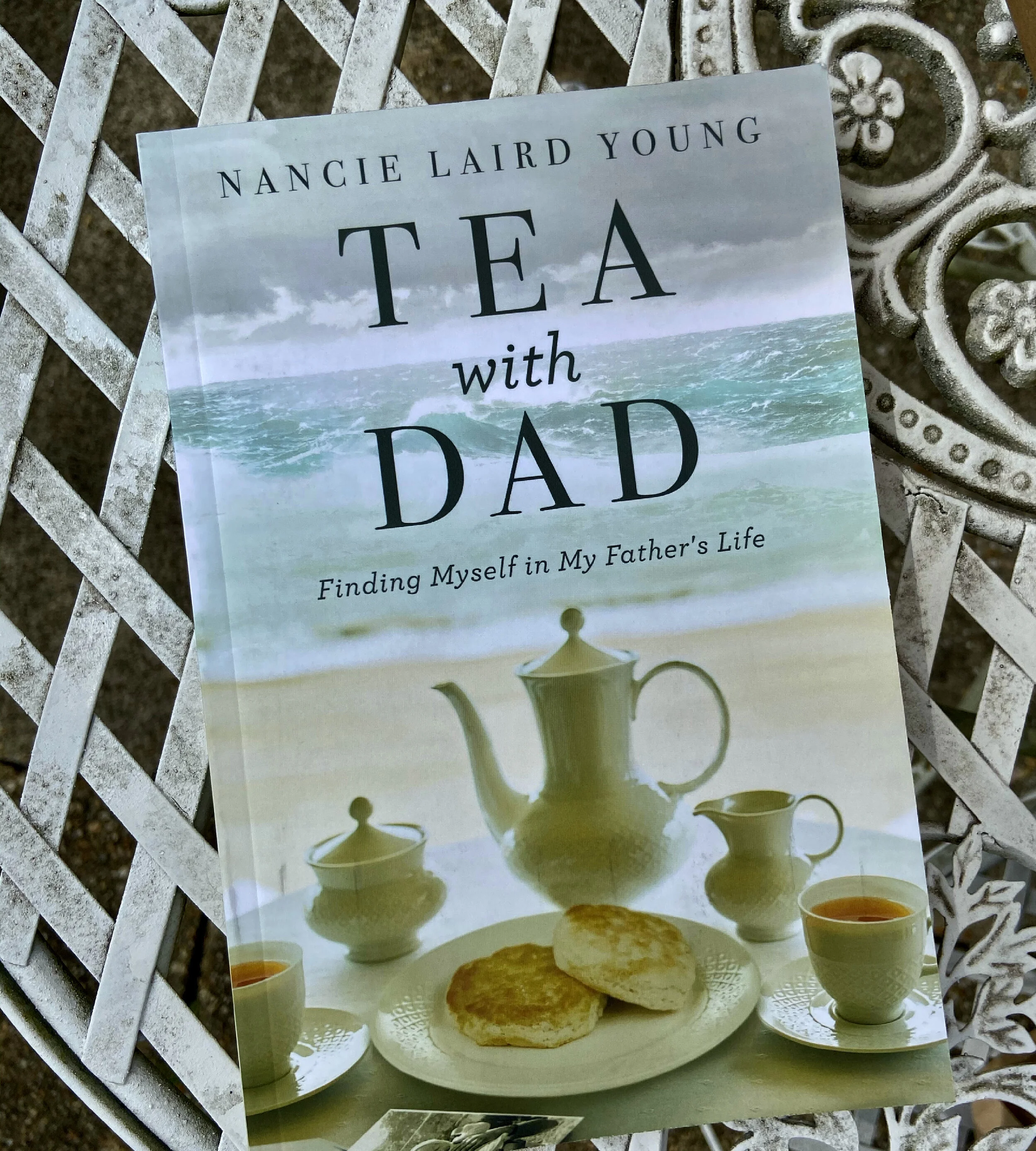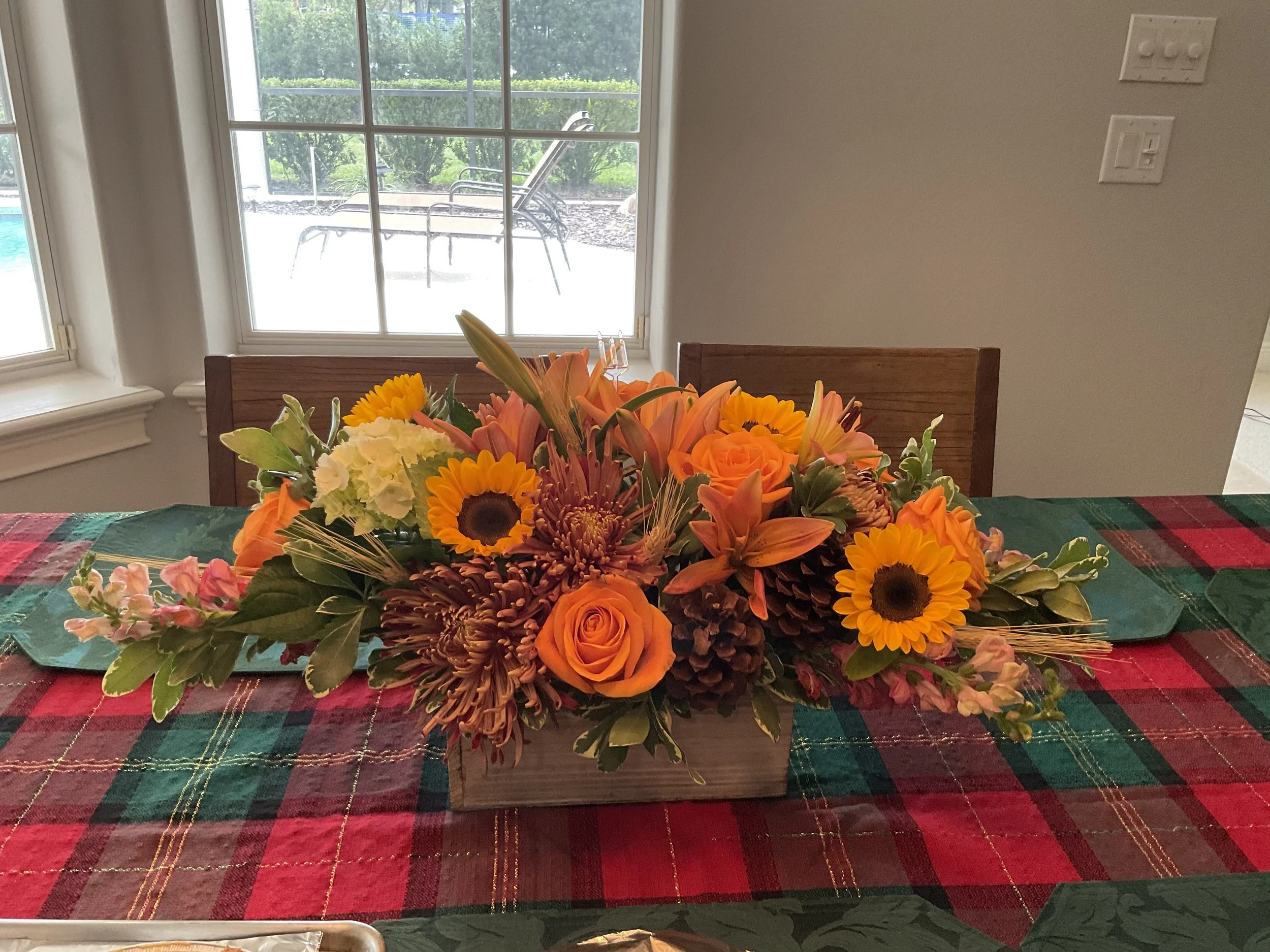The Gifts of Caregiving
Eight months ago, my father died. In the early months, I posted pieces on my Facebook pages that garnered a lot of responses. As I read people’s comments, the issues around aging, caring for the aged, and the problems that family caregivers confront became important topics for me.
When my father died his mind was still sharp and his sense of humor intact. His physical decline took place in the last year of his life, most quickly in the last three months, but he was independent in the areas most important to him. He was not able to shower or bathe by himself (and wouldn’t let me help him) . With what he was able to manage himself, what I’d learned about how to give sponge baths during my very short studies to be a nurse 50 years ago (plus the disposable shower wipes that are available), we were able to help him. They have shampoo caps that you warm up for about 20 minutes, so he’d ask my daughter Jane to give him a shampoo and massage. Something she loved doing.
As I joined online communities for caregivers I felt guilty that I was benefiting from their stores of knowledge while not being able to offer much in return. Caregiving is one of the hardest things someone can take on. The hardest. In some cases, it is forced on many because there are so few other affordable options. Not enough appreciation is given for the massive responsibility and cost assumed by those who take on the role of caregiver. Even when there is nothing they would rather do.
During the same time that Dad was so ill and then died, and during the initial three months afterward, my brother and sister-in-law were worried about her 93-year-old mother, too. She was declining in health and in mid-November, my sister-in-law flew to Arizona and brought her mother to spend the holidays in Florida with their family as they did each year. But this year, by the time they arrived after what was an extremely uncomfortable flight, my sister-in-law’s mother was exhausted. She rallied for about a week, but it was clear that she was entering the end stages.
Shortly after Thanksgiving hospice became involved. She suffered no apparent illness. She was just 93 and, as ours will eventually, her body failed her.
As hard as it was, I was with my both my parents when they died. And despite a lot of transferrable training from past lives that crossed medical, counseling, logistics, management, and growing up in a military environment during a time when death of people we had connection to occurred on an almost daily experience, I was not as prepared as I might have been for either of their passings.
I want to call out my sister-in-law and brother who at the slightest change in air movement ran down the hall to see what her mom needed while carrying on their own business remotely. I heard them up several times at night, working together to care for this lovely woman as they did their children and now, their grandchildren.
My sister-in-law greeted her mother every morning with a cheerful, "Good morning, Mom!” and in the most joyful way. She was always so grateful if her mother managed to muster a smile. And my brother who found himself in the most intimate situations as he helped his wife care for his mother-in-law. I would hear, "I love you, you know." Or as he helped move her, "Am I hurting you? Are you comfortable? I am so sorry. I’m so sorry." The two of them were so patient and though exhausted not in the least cranky.
It makes me reevaluate my last months, weeks, and days with Dad. He did not get to the stage that this wonderful woman entered. I was not tested as they were. And I wonder if I'd have been patient enough, truthful when I needed to be, assertive as I needed to be. I wonder. I like to think so. But I am not sure.
I tried to help when I could, but -- and you know I'm going to find humor in this as that's my defense mechanism -- I think the sunglasses I wore at the time because my new ones didn’t arrive on time freaked her out. So, I would push them back so she could see my face, my eyes, but then I couldn’t see well enough to gauge where she was.
Here is how I tried to help. I could be there so they could leave to run an errand or just get out of the house (if they wanted to). I cooked (when they let me). I did laundry (when they let me). I did freelance work for their business. They let me do that. I grocery shopped when they let me. And I listened and talked with them about what went on. I think those efforts were more gifts to me than to them.
It was an honor to be there. A nuanced experience, which reshaped how I see many things now.
I do know this. Our society is not as prepared for this life event as we should and could be. We have curriculum in schools that assigns children an egg or a bag of flour to carry around so they can get a sense of the responsibilities of parenting. You know what I'm talking about, right?
There should be courses on death and dying earlier in life. We used to learn it at home--maybe my dad’s and my SIL's mom's generation was the last to learn about it that way. We need to know more about how to provide care, how to find resources, how to ask for them. What to expect. What to look for while we care for someone.
Because as sad and as painful as it is to lose someone, caring for them at the end of their life is a gift to give them and to have had the experience of giving.
So, keep my sis-in-law and her sister in your thoughts, as well as my brother. They were heroes for their mother and still are as they go through the grief process.
And prayers for the woman they loved and cared for so well.





